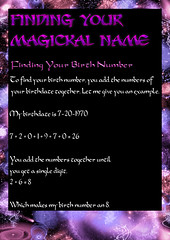God’s Objectivity
“For I know nothing by myself; yet am I not hereby justified: but he that judgeth me is the Lord” (1 Corinthians 4:4).
This verse is hard to understand. Here is the context, “But to me it is a very small thing that I should be judged by you, or by a man’s day; but I do not judge my own self, for I know nothing by myself. Yet I have not been justified by this, but He who judges me is the Lord” (1 Corinthians 4:3-4). Other translations of the Bible read “of myself” or “against myself.” But there is no such Greek word in the text. The preposition has been added. There is an implied sense of the knowledge that Paul speaks of in the verse as being against or apart from himself. Nonetheless, the literal Greek reads, ‘For I know nothing myself.’
Back up for a moment and look at the phrase, “or by a man’s day” (1 Corinthians 4:3). The Greek word translated as “by” (hupo) can also be translated as “of,” but literally means “under.” “Man’s day” is a literal translation, but it is an unusual phrase. So unusual that it is best understood to be an idiom that suggests the light of man or the light of humanity. The phrase we are looking at literally means under the light of humanity. Putting this all together we could read the verse, “But to me it is a very small thing that I should be judged by you, or judged under the light of humanity” (1 Corinthians 4:3 — my translation). Paul is saying that human reason or human experience or human discernment (the light of humanity) is not sufficient to evaluate God or the works of God. Human wisdom is inadequate to judge or understand Paul because his conversion and regeneration are a work of God.
There are many layers of meaning in these few verses. We know that Paul was defending
